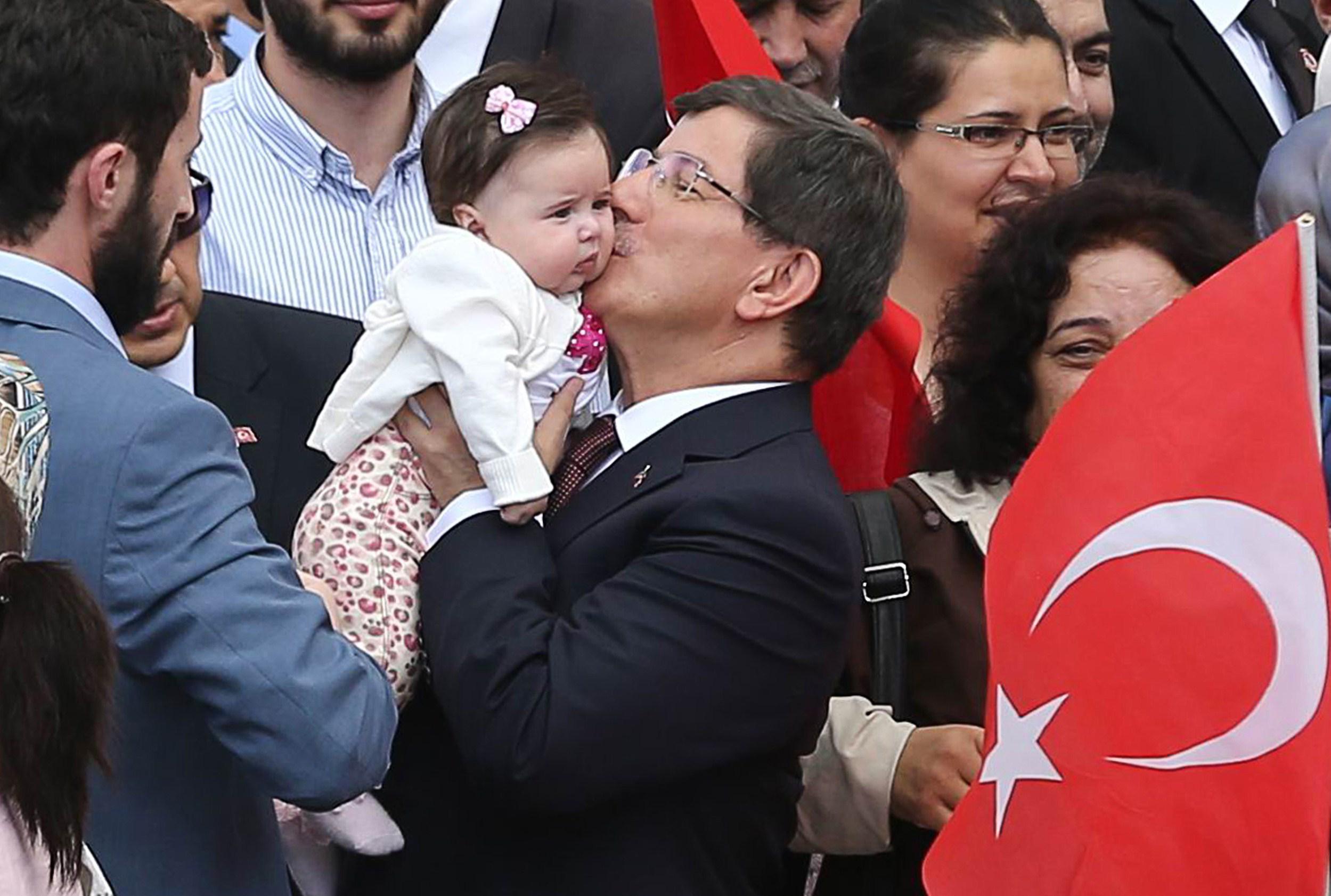In a rare bit of good news over the weekend, Turkish intelligence agents secured the release of 46 hostages who had been held by ISIS in Syria for more than three months. The 46—diplomats, their family members (including children), and special forces soldiers—had been taken hostage at the country’s consulate in Mosul, Iraq, when the city fell to ISIS in June.
The deal is a victory for the government of Recep Tayyip Erdogan, the longtime prime minister who was controversially elected president in late August. But it also raises some tricky questions.
According to Erdogan, no ransom was paid to secure the hostages’ release. “A material negotiation is totally out of the question. … This is a diplomatic success,” he said. According to the Turkish government, there were no clashes between the Turkish intelligence service and ISIS fighters during the operation. So how, exactly, did Turkey get ISIS to let these prisoners go?
Ian Woods of Sky News suggests that “fellow members of Nato will be concerned that Turkey will have promised Islamic State that it won’t join military operations led by the United States.”
The U.S. badly wants Turkey to take a prominent role in its anti-ISIS coalition, including allowing its bases to be used to launch airstrikes. Ankara has been reluctant to fully commit to the effort so far, due to fears of blowback and, in particular, concerns about the status of the Turkish hostages. Secretary of State John Kerry said today that now that the hostage situation has been resolved, he expects Turkey to commit its resources to the fight. “The proof will be in the pudding,” he said.
The mystery surrounding the case is reminiscent of the release of American writer Peter Theo Curtis last month. The U.S. government and the Qatari mediators who secured Curtis’ released from the al-Qaida-affiliated Jabhat al-Nusra maintained that no ransom had been paid, but again, it’s not clear what the captors got in return for their hostages. In both cases the governments didn’t seem very anxious to talk about it.
The issue is particularly pertinent right now given the uncertain fate of ISIS’ remaining British and American hostages. In a recently released video, British journalist John Cantlie, who was captured alongside James Foley in 2012, was paraded in front of a camera by his captors to criticize the U.S. and American governments for failing to pay ransoms for their citizens. British Prime Minister David Cameron has criticized other governments for paying ransoms, arguing that they encourage more terrorism.
We may not know what was involved in these deals for quite some time, but for those already in captivity, the clock is ticking.
